General

How to Practice Self-Care in an Indian Household Without Feeling Guilty
Self-care is often seen as a luxury in Indian households, where responsibilities and family expectations take priority over personal well-being. From childhood, we are taught to put others first, to serve, to sacrifice, and to constantly meet societal and family obligations. This deeply ingrained cultural mindset often makes self-care feel like an act of selfishness.

Arranged Marriages & Mental Health: The Emotional Toll No One Talks About
Arranged marriages have been a long-standing tradition, especially in cultures like India, where families play a significant role in matchmaking. While many arranged marriages lead to happy, fulfilling relationships, the process can also take a severe toll on mental health. From parental pressure to compatibility concerns, societal expectations to the fear of judgment, the emotional burden can be overwhelming. Yet, this is a topic rarely discussed openly.

Physical Exercise as a Tool for Mental Wellness
Physical exercise has long been associated with benefits to physical health, but over the past few decades, the connection between physical fitness and mental wellness has gained significant recognition.

The Connection Between Nutrition and Mental Health
Mental health and physical health are deeply intertwined, and one significant factor contributing to mental well-being is nutrition. Nutrition plays a vital role in how the brain functions, affecting mood, cognition, and overall mental health.

How to Find the Right Therapist in India
Mental health awareness in India is steadily increasing, with more people recognizing the importance of seeking therapy to address emotional and psychological challenges.

Exploring Different Types of Therapy: Which One is Right for You?
Mental health is an essential aspect of overall well-being, and therapy plays a pivotal role in addressing psychological concerns. With so many types of therapy available, understanding their unique features, history, science, applications, and outcomes can help you determine which one suits your needs.

How to Develop Emotional Resilience and Handle Life’s Challenges
In a rapidly changing world filled with uncertainty, emotional resilience serves as a cornerstone for navigating life’s inevitable ups and downs. Emotional resilience refers to the ability to adapt and bounce back when faced with adversity, trauma, or stress.
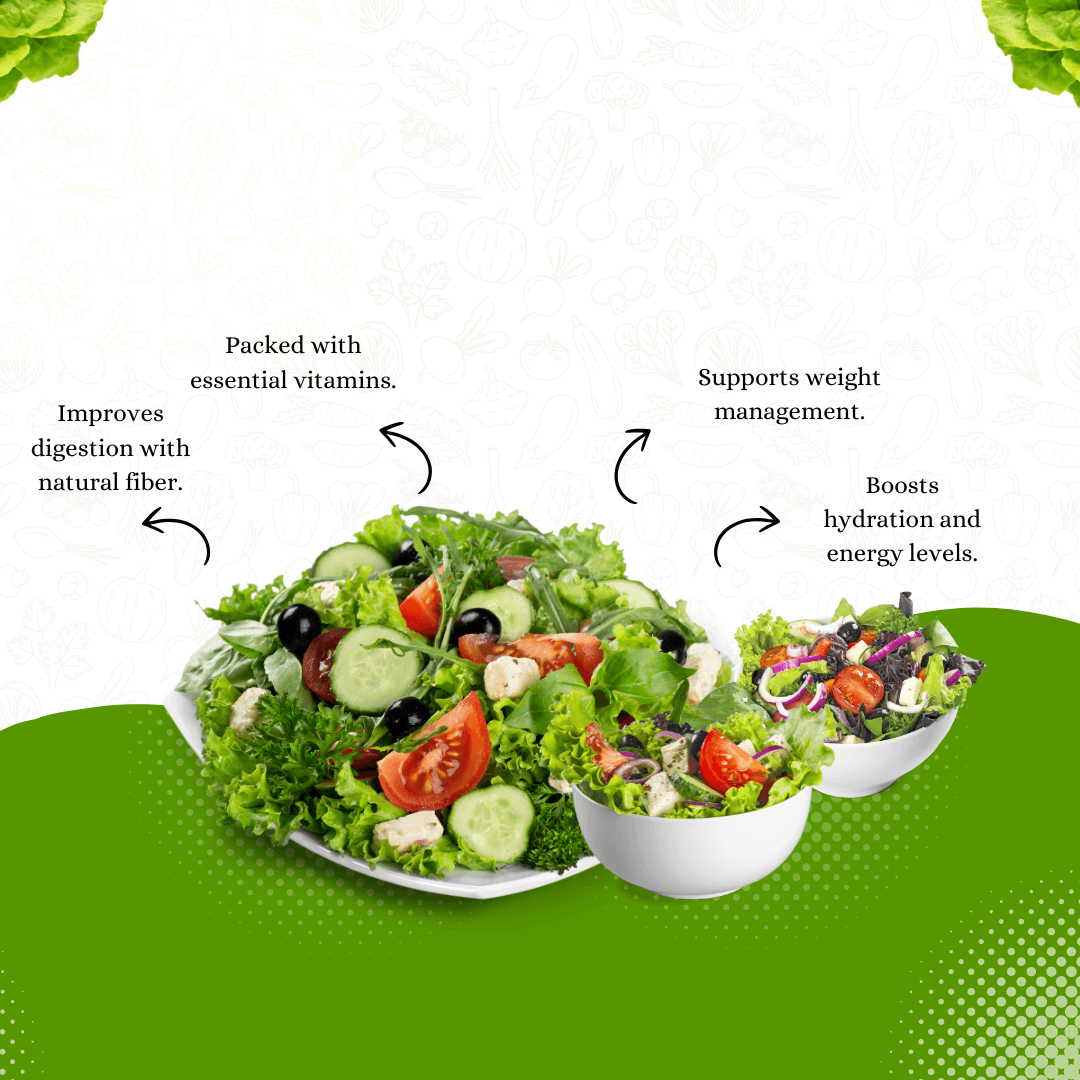
Healthy Habits to Boost Mental Wellbeing: From Sleep to Nutrition
Mental wellbeing is the cornerstone of a fulfilling life. While professional mental health care plays a vital role in managing significant mental health challenges, adopting healthy habits like improving sleep and nutrition can significantly enhance mental health.

The Power of Journaling for Mental Health and Self-Reflection
Journaling has a long history, dating back to ancient civilizations. Personal diaries have existed for centuries, with famous examples like Marcus Aurelius’ Meditations written in 170–180 AD, where he reflected on Stoic philosophy. Journaling became more structured as a therapeutic tool in the 20th century.

Coping Mechanisms for Stressful Situations: What Works and What Doesn't
Stress is an inevitable part of life, but how we cope with it can significantly influence our mental and physical well-being. Coping mechanisms are strategies people use to manage the psychological and emotional effects of stress.

The Impact of Social Media on Mental Health: How to Stay Mentally Healthy Online
Social media has become an inseparable part of our daily lives, revolutionizing how we connect, share, and communicate. It offers endless opportunities to stay informed, find support, and build communities. However, there’s also growing concern about the adverse impact of social media on mental health. Whether it’s the pressure of curating the perfect life, exposure to negative content, or the addictive nature of endless scrolling, social media can take a significant toll on well-being.
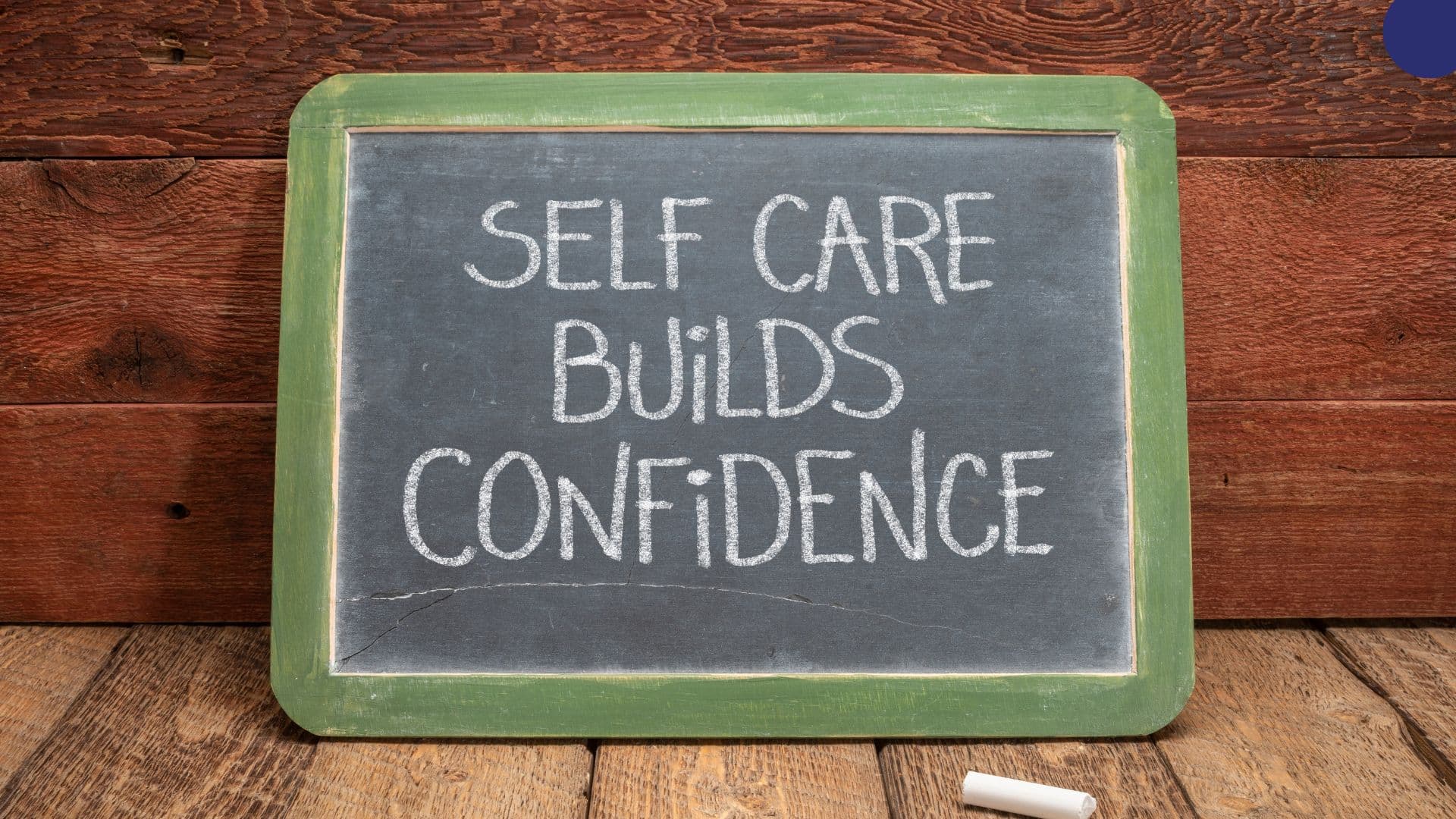
Mental Health and Self-Care: How to Build a Sustainable Routine for Your Well-Being
In today’s fast-paced world, maintaining mental health has become a crucial yet often neglected aspect of our overall well-being. The constant demands from work, family, and social obligations can drain energy and leave little time for self-care. Without a deliberate focus on mental well-being, it’s easy to become overwhelmed, leading to burnout, stress, and even mental health disorders such as anxiety or depression.

The Future of Mental Health Care in India: Trends and Innovations
India’s mental health landscape is at a critical juncture, with increased awareness, technological advancements, and innovative approaches to care driving transformative changes. For a country with a population of over 1.4 billion, the need for accessible, affordable, and effective mental health care has never been greater. This blog explores the evolving trends and innovations shaping the future of mental health care in India, delving into the historical context, scientific research, applications across different patient groups, and outcomes of emerging techniques. It will also touch on the promising integration of technology and new-age therapy methods.
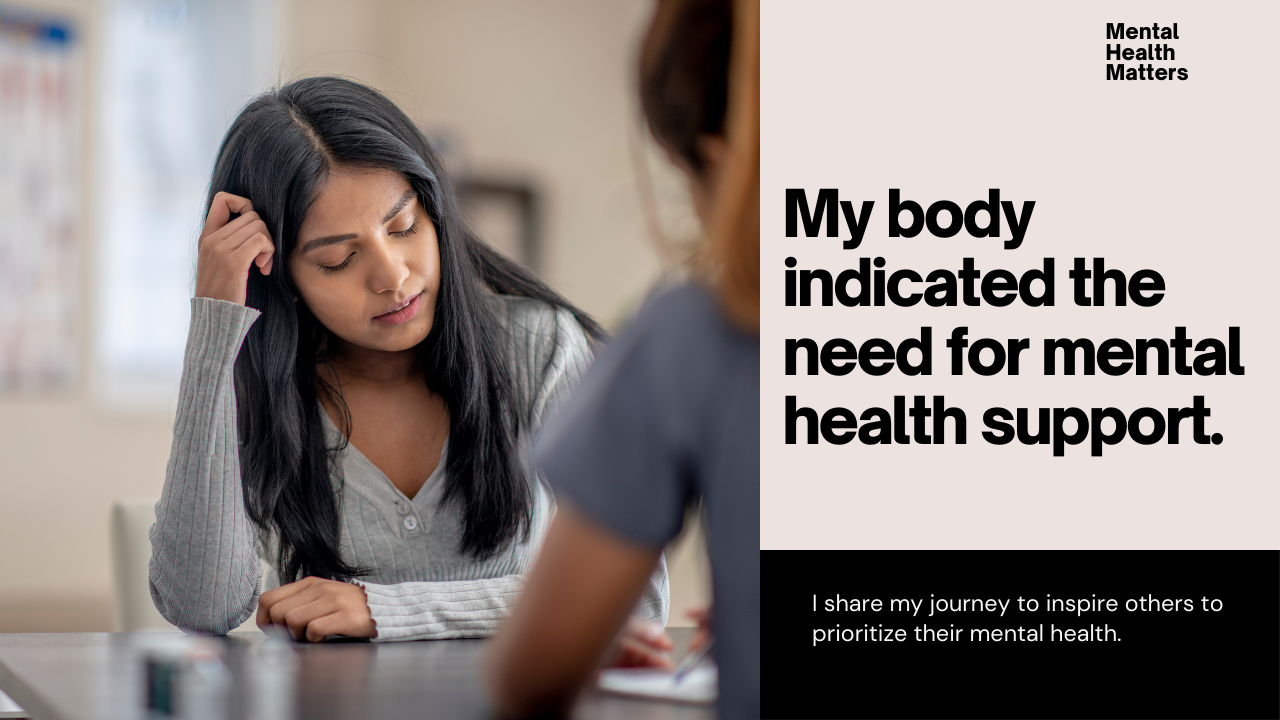
How My Body Showed Me I Needed Mental Health Support
In a world that moves at breakneck speed, it's easy to attribute our recurring headaches, sleepless nights, or that inexplicable tightness in our chests to the physical demands of our daily routines. We often dismiss these symptoms as mere byproducts of our busy lives, overlooking the possibility that our bodies might be signaling something deeper. This oversight is a common narrative, underscoring a universal truth: the intricate and often unnoticed connection between our physical well-being and mental health.
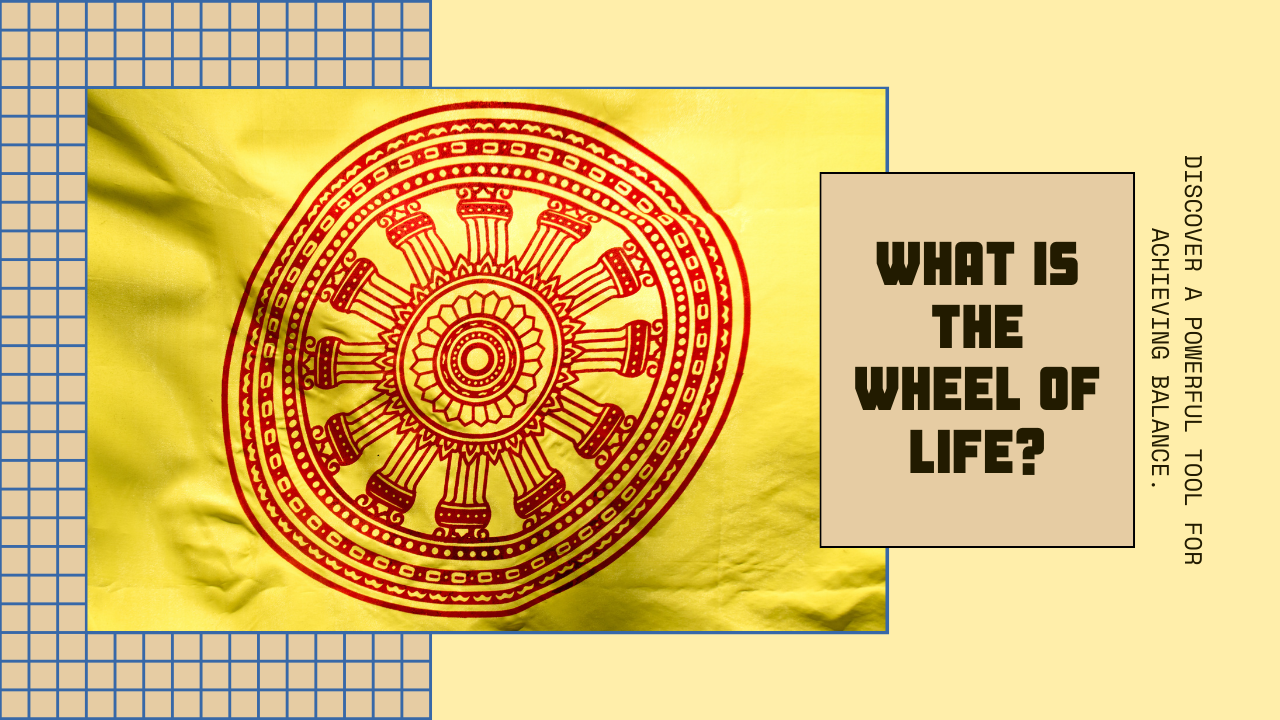
What is the wheel of life?
In the realm of personal development, the Wheel of Life stands out as a transformative tool designed to offer individuals a panoramic view of their lives, aiding in the pursuit of balance and fulfillment. This multifaceted tool divides life into key areas—ranging from career and relationships to personal growth and health—allowing for a comprehensive assessment of one's current state of being. By evaluating satisfaction levels across these diverse segments, individuals are empowered to identify areas that require attention and recalibration, fostering a more harmonious and fulfilling existence.
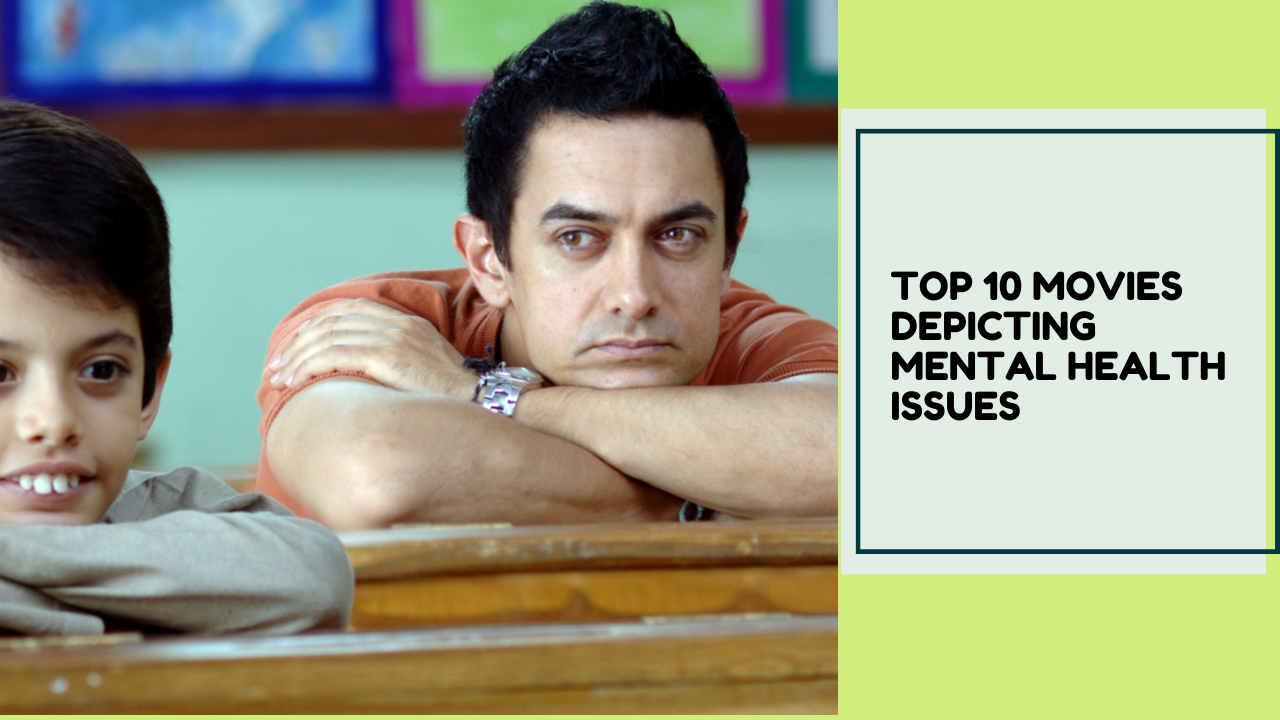
10 of the best movies about mental health
Cinema, one of India's most beloved and influential forms of art, plays a pivotal role in this evolving narrative. Indian films, known for their vibrant storytelling and emotional depth, have the power to mirror society's changing attitudes towards mental health. They offer a unique lens through which we can explore and understand the multifaceted nature of psychological well-being, bringing to life the struggles, triumphs, and realities of those affected by mental health issues. Through poignant narratives and compelling characters, cinema educates, enlightens, and encourages empathy, making it an invaluable ally in the fight against stigma and misunderstanding.
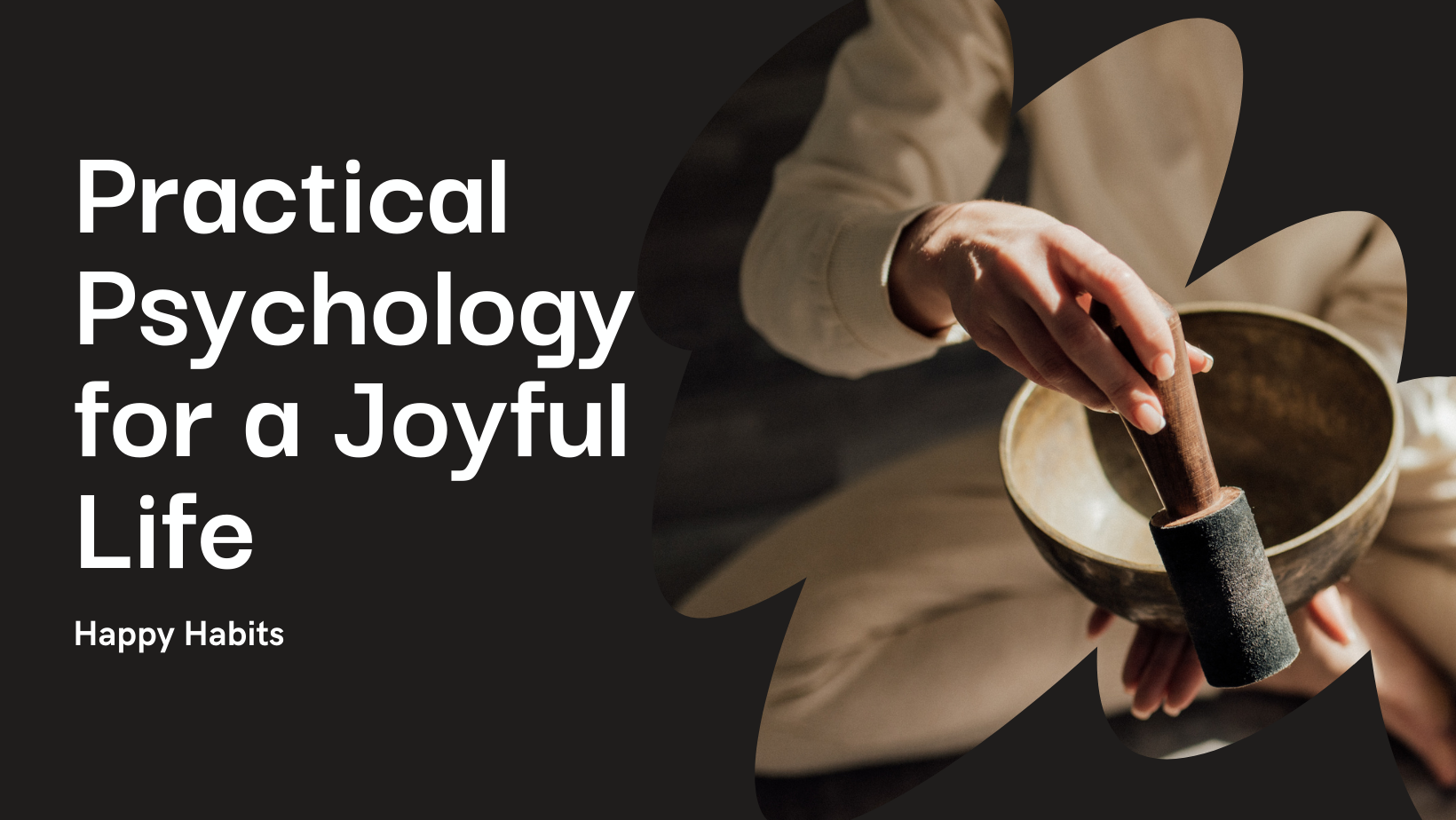
Pursuing Happiness:Practical Psychology Tips for a Joyful Life
The pursuit of happiness is a universal quest, deeply embedded in the human experience. It's more than just an emotional state; happiness is a crucial component of our overall well-being, influencing our life choices, health, and relationships.
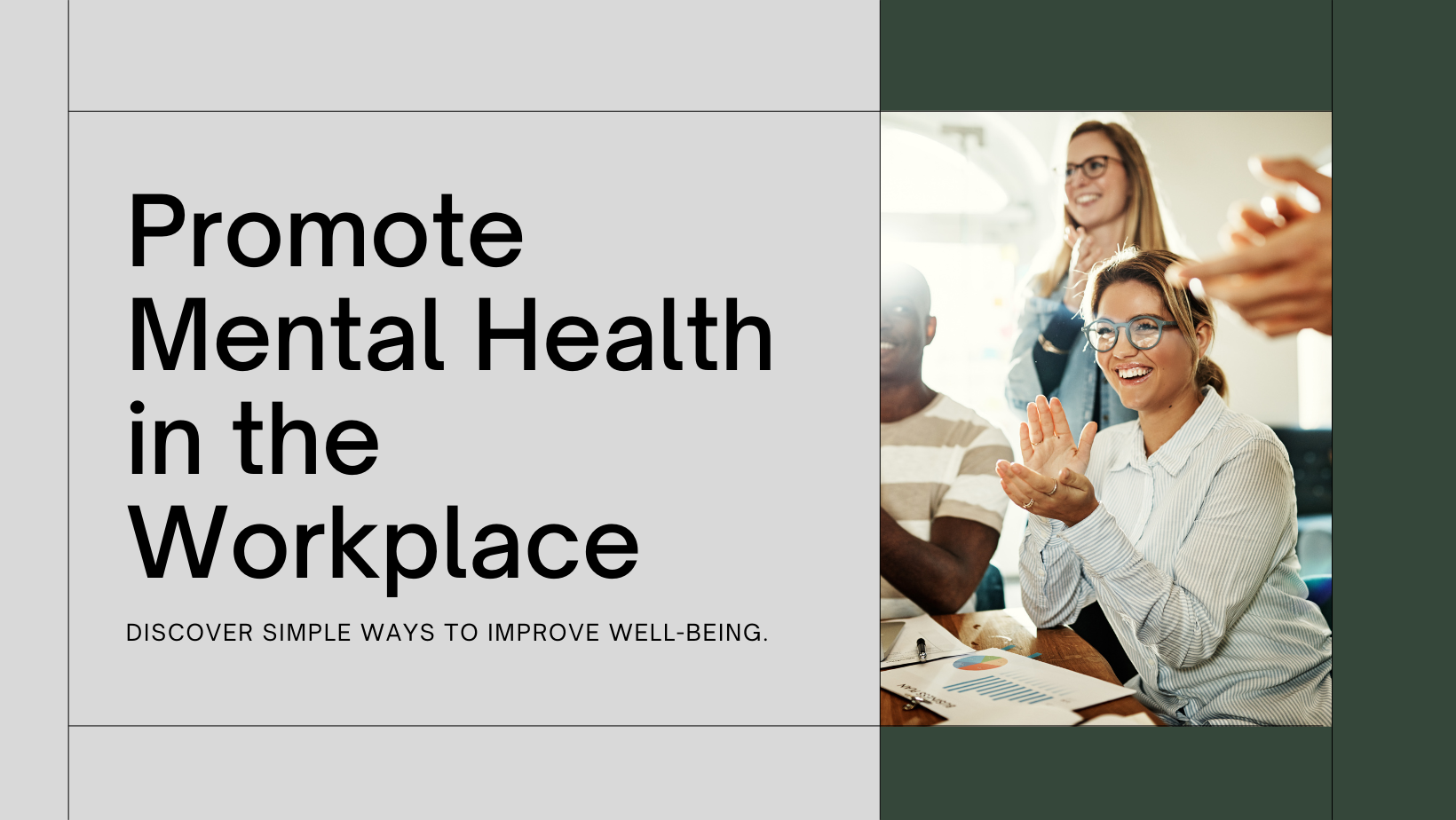
How to promote mental health in the workplace in 2024
In the rapidly evolving landscape of 2024, the significance of mental health in the workplace has never been more paramount. The global shift towards recognizing mental well-being as a crucial component of overall health is reshaping corporate cultures and policies worldwide, particularly in the wake of the transformative post-pandemic era. The enduring impact of the COVID-19 pandemic has precipitated a monumental shift in workplace dynamics, compelling organizations to reevaluate and prioritize the mental well-being of their employees as a fundamental aspect of their operational ethos.
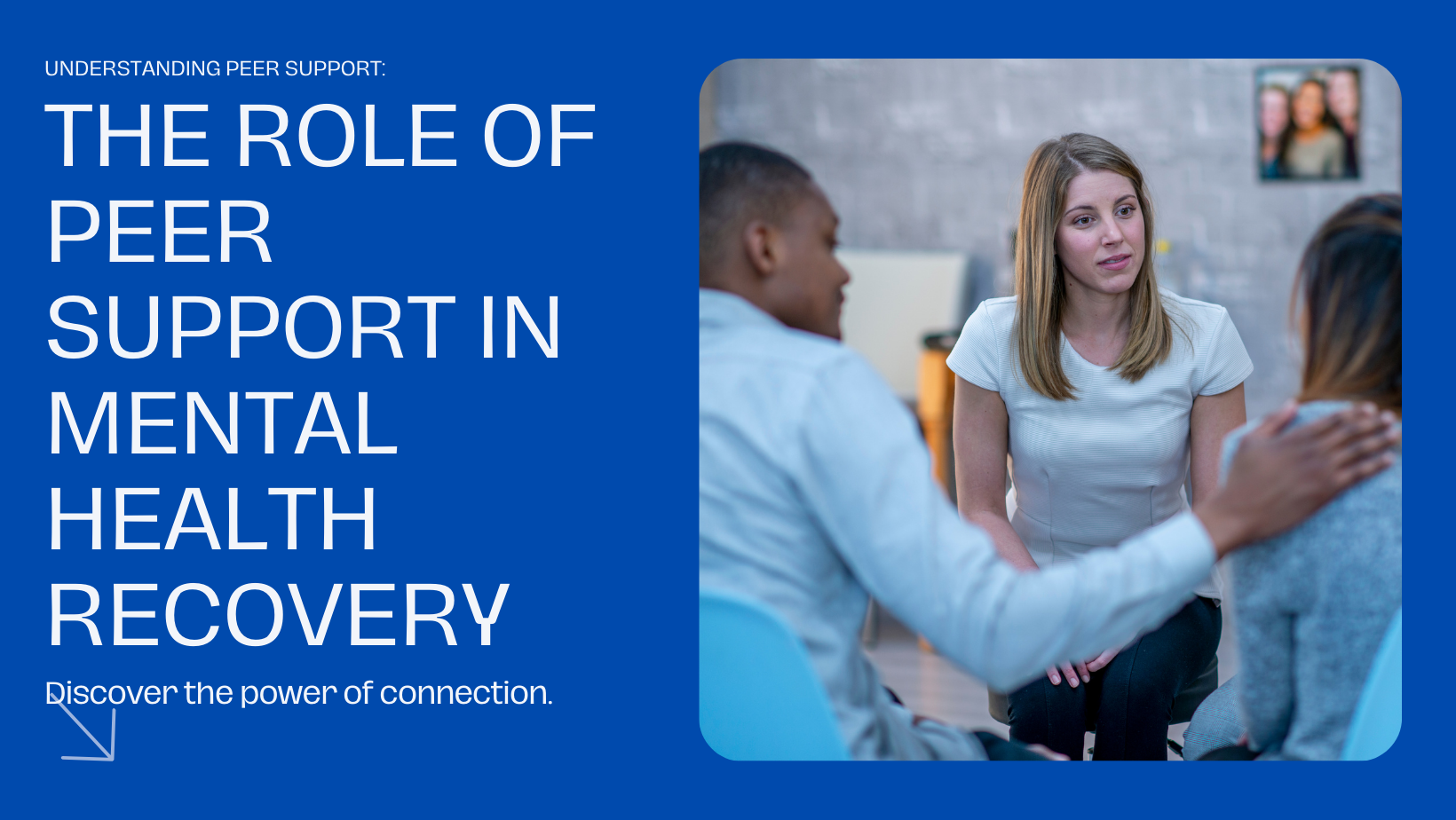
The Role of Peer Support in Mental Health Recovery
In recent years, India has witnessed a significant shift in the way mental health is perceived and discussed. With the increasing awareness about mental well-being, there's a growing recognition of the importance of comprehensive support systems in the journey of mental health recovery. Amidst this evolving landscape, the concept of peer support emerges as a cornerstone, offering unique benefits that complement traditional therapeutic interventions.
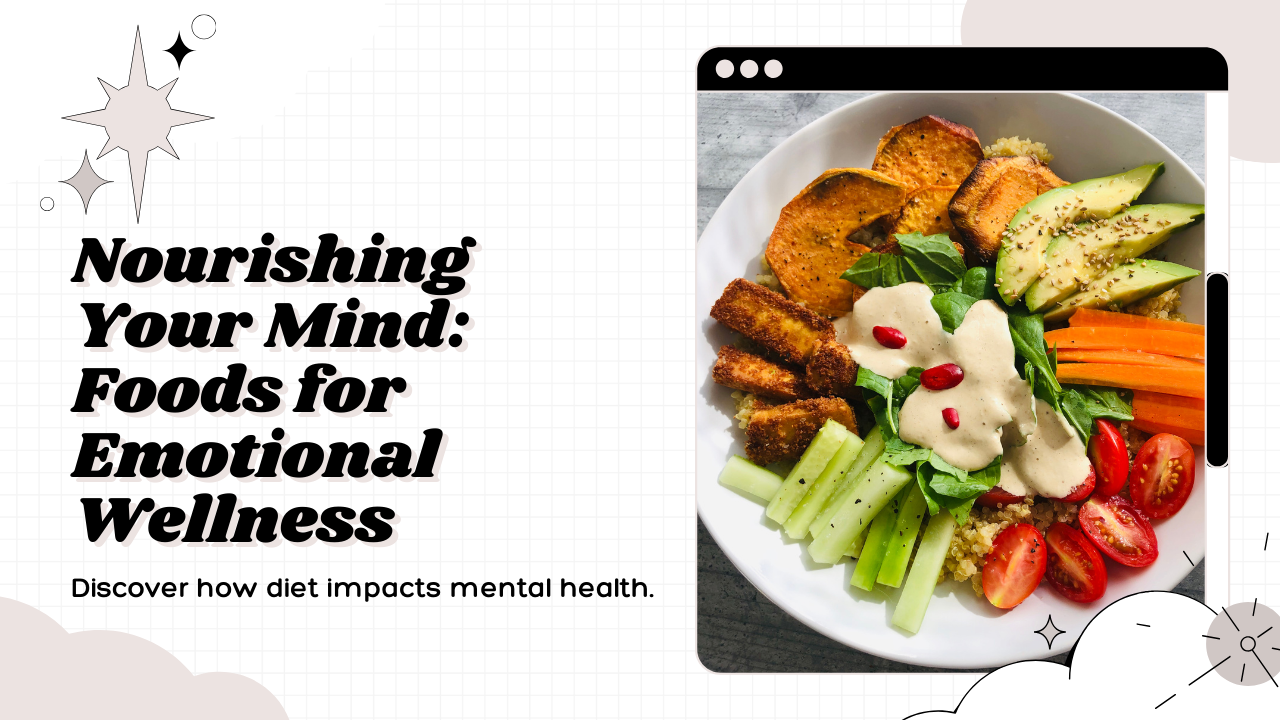
Diet and Mental Health Connection: Foods That Boost Emotional Well-being
Have you ever noticed how a warm cup of masala chai can uplift your mood on a stressful day or how a plate of your favorite biryani can bring a smile to your face? In a country as diverse and vibrant as India, where every festival, season, and region has its own culinary delights, food is not just sustenance; it's a source of joy, comfort, and tradition. But beyond the immediate pleasure it brings, have you considered the deeper impact of your diet on your mental well-being?
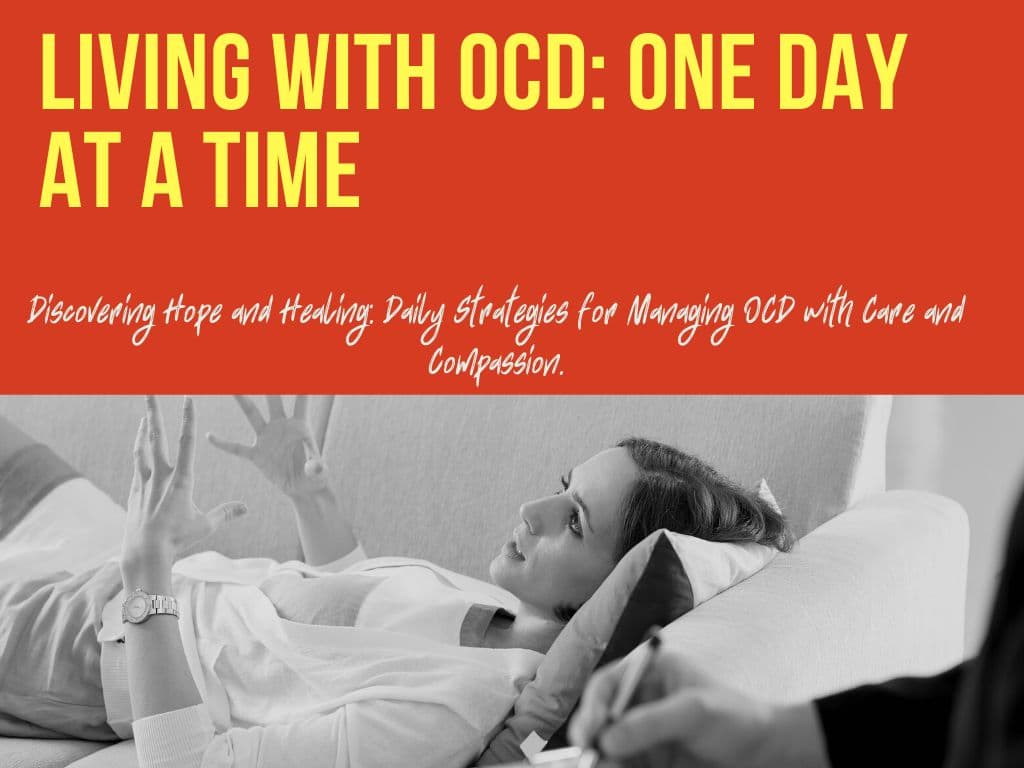
Living with OCD: One Day at a Time
In the intricate tapestry of human experiences, Obsessive-Compulsive Disorder (OCD) emerges as a complex and often misunderstood condition, weaving its patterns quietly into the daily lives of many. At its core, OCD is a mental health disorder characterized by a cycle of obsessions—unwanted, intrusive thoughts, images, or urges that trigger intensely distressing feelings—and compulsions—behaviors an individual feels compelled to perform in an attempt to ease stress or anxiety caused by the obsessions.

Practicing Self-Compassion: Why Kindness Starts with You.
In the bustling rhythm of modern life, where the pursuit of success often leads to self-criticism and relentless comparison, the gentle art of self-compassion emerges as a beacon of inner peace and mental resilience. Self-compassion, a concept deeply rooted in psychological research, encourages an attitude of kindness and understanding towards oneself during times of failure or distress, rather than harsh self-judgment.
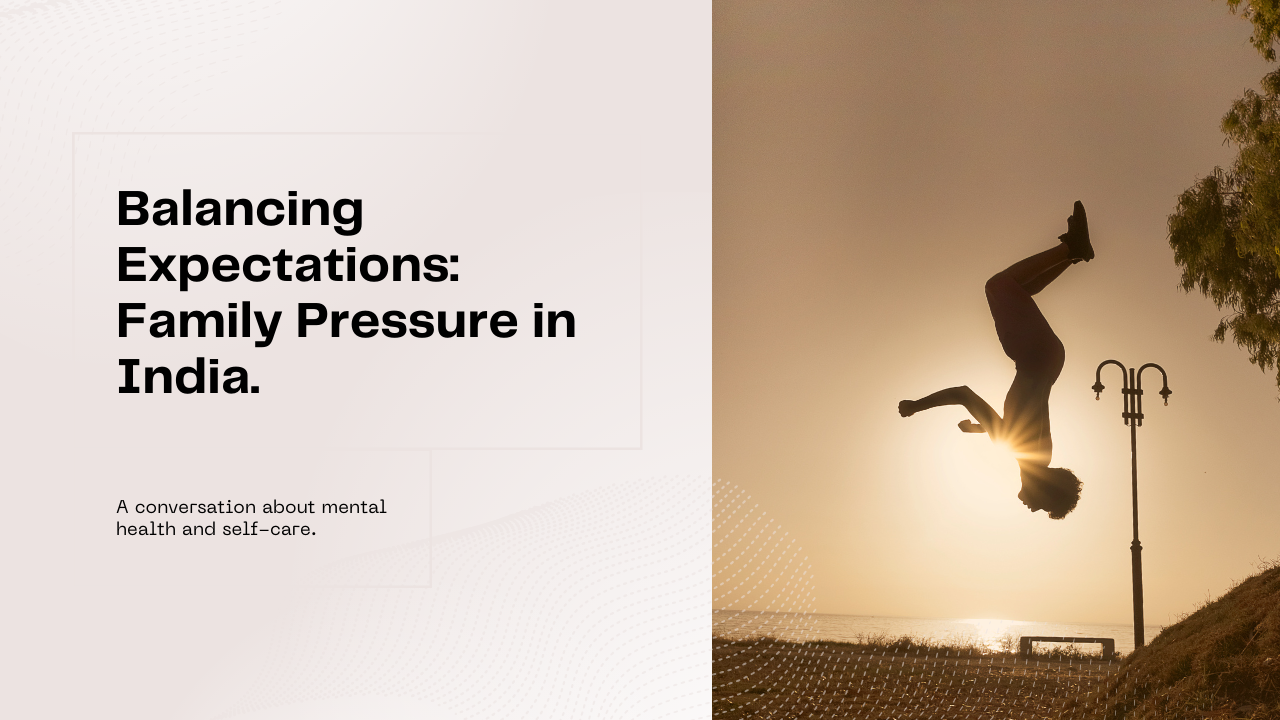
Balancing Expectations: Family Pressure and Mental Health in India
In the vibrant mosaic of Indian society, where age-old traditions and modern aspirations intertwine, the concept of family holds a pivotal place.
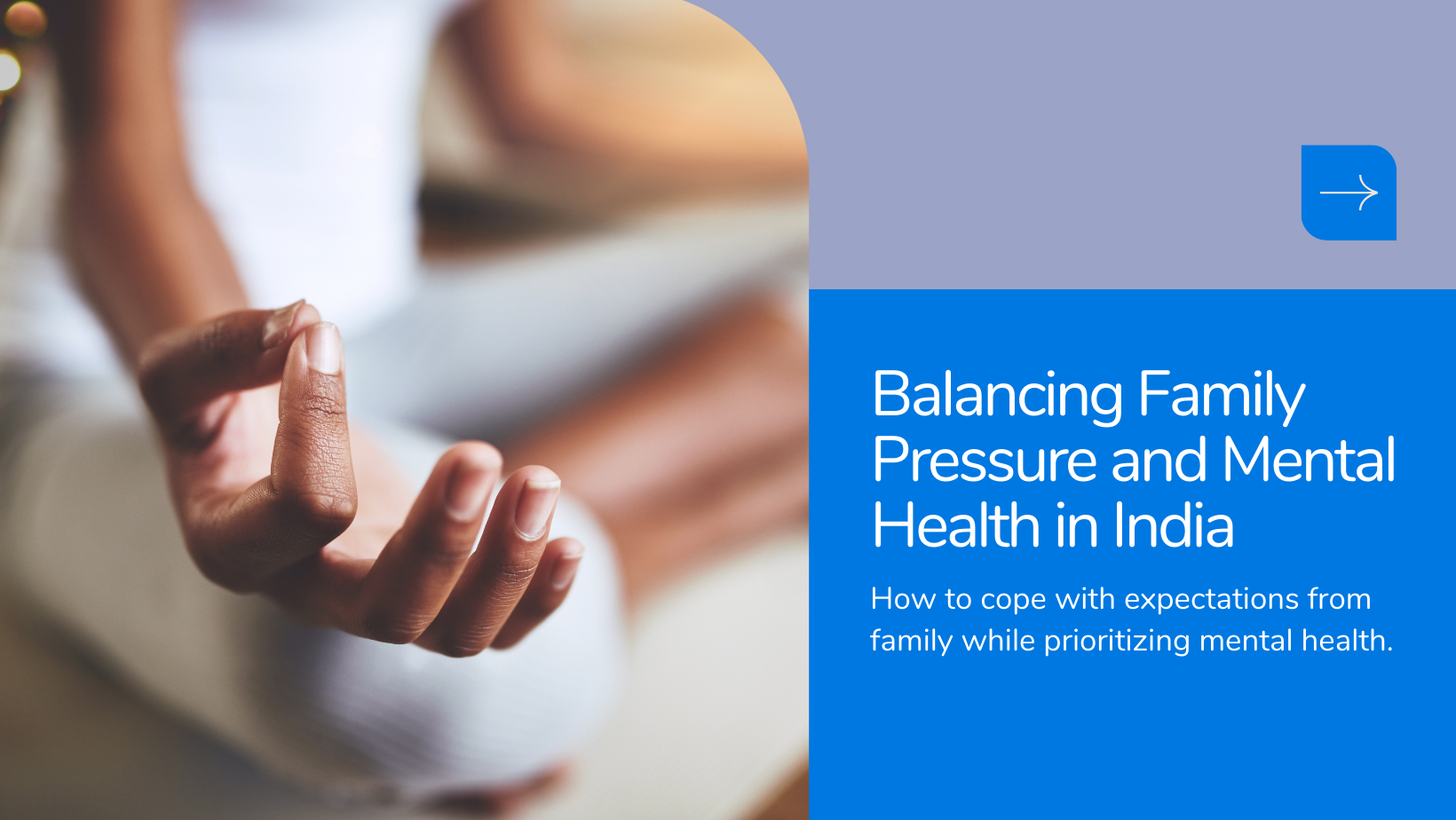
Balancing Expectations: Family Pressure and Mental Health in India
Amidst these pressures, finding a sense of balance and a safe space for support is crucial. CareMe Health emerges as a beacon of hope for those navigating the complex interplay of familial expectations and personal aspirations. Offering a range of mental health services tailored to the unique needs of the Indian community, CareMe Health provides the tools and resources to manage the stresses associated with family pressures, fostering a healthier, more balanced approach to meeting these challenges.
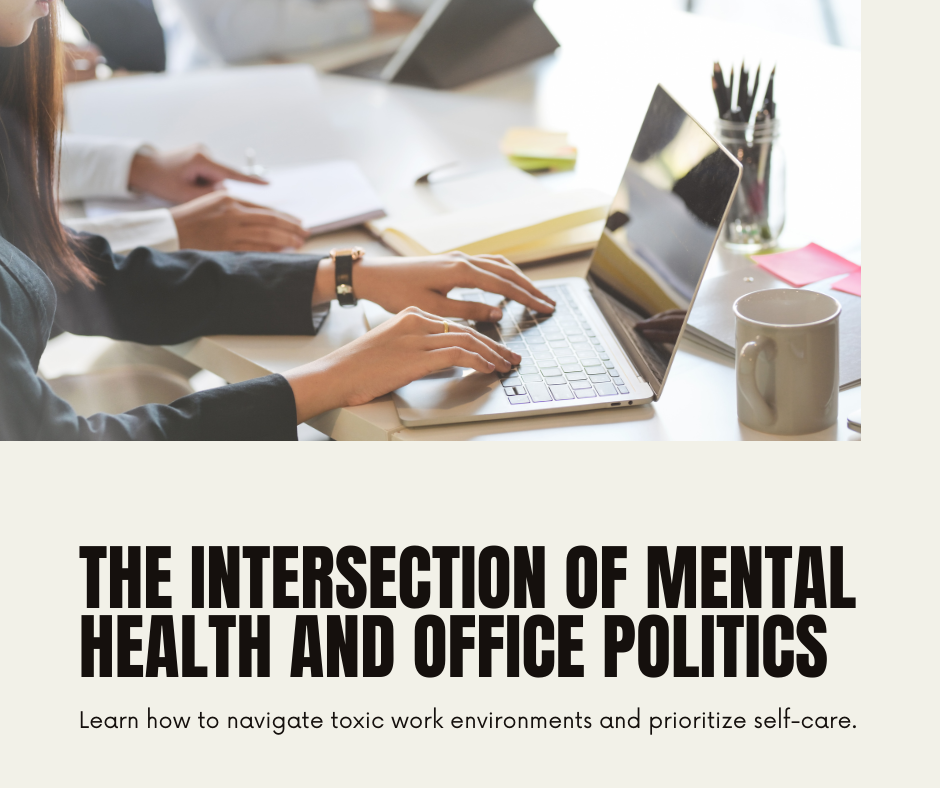
The Intersection of Mental Health and Office Politics
Office politics, an inevitable aspect of the professional landscape, significantly influences the workplace environment and employee interactions across India. This complex web of power dynamics, interpersonal relationships, and informal networks often dictates the rhythm of daily office life, impacting decisions, promotions, and the general workplace atmosphere. While some navigate these waters with ease, for many, office politics can be a source of stress and anxiety, affecting not just professional growth but also personal well-being.

Sleep and Mental Health: Understanding the Vital Connection
Imagine a world draped in the velvet cloak of night, where every soul retreats to the silent embrace of sleep, recharging for the dawn yet to come. But what if, in this tranquil realm, your mind decides to embark on its own nocturnal adventure, weaving through past conversations, unresolved tasks, and the endless "what ifs" of tomorrow? This isn't just a fleeting moment of restlessness; it's a nightly saga for millions. Surprisingly, research reveals a striking narrative: nearly 8 in 10 individuals grappling with mental health challenges are also caught in the tangled web of sleep disturbances. It's as if their minds are on an endless marathon, with no finish line in sight.
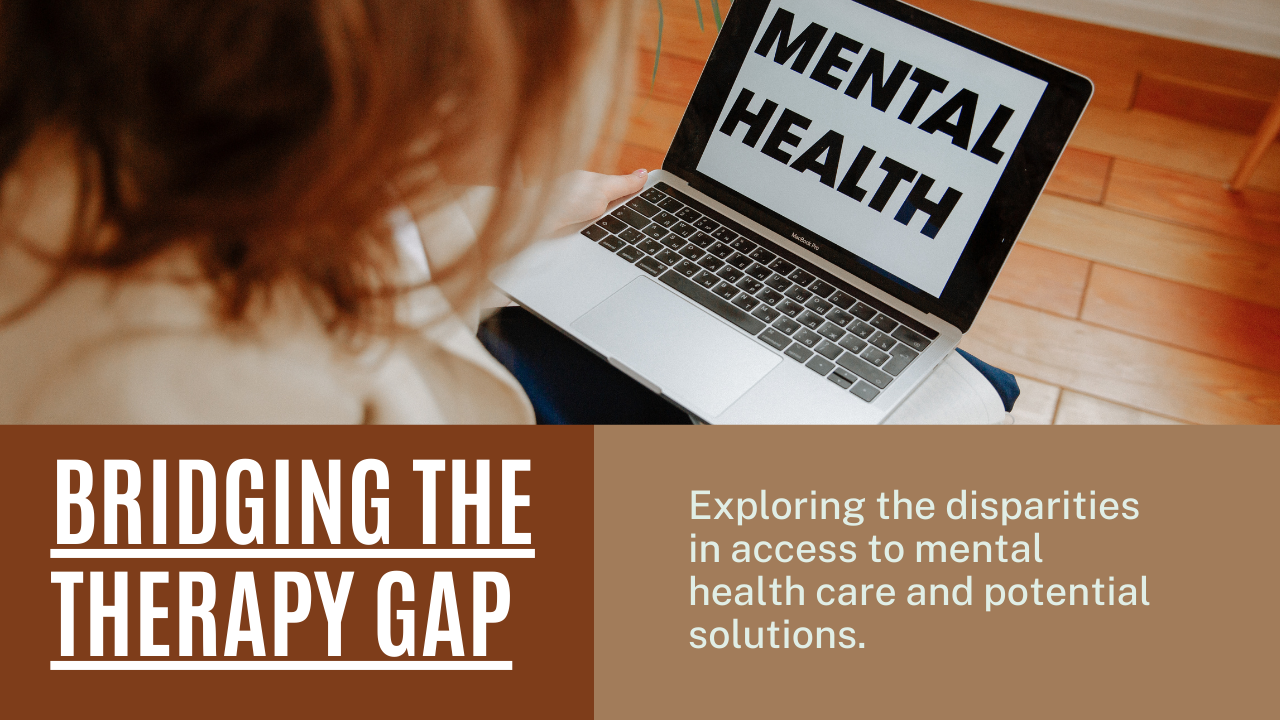
The Therapy Gap: Bridging Cultural and Financial Barriers in Mental Health Care
In a world that's constantly on the move, taking a moment to talk about something as crucial as mental health seems like a luxury many can't afford. Yet, there's an elephant in the room we can't ignore any longer - 'The Therapy Gap.' It's this vast expanse that lies between those in need of mental health care and the actual, accessible support they receive. This gap isn't just about distance; it's woven with threads of cultural misunderstandings and financial barriers that make crossing it feel like an insurmountable task for many.
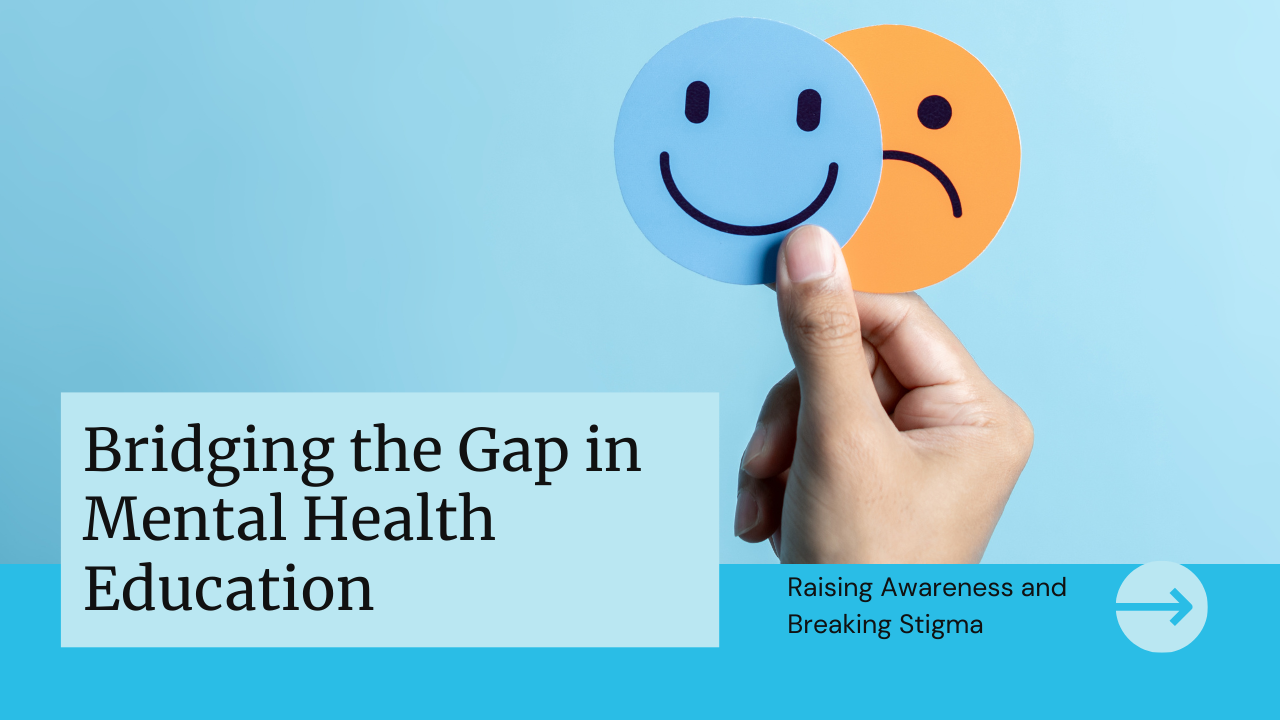
Mind Matters: Bridging the Gap in Mental Health Education
In India, a country buzzing with life, colors, and sounds, there's a quiet issue that doesn't get talked about much. Imagine this: out of every 10 people you know, about 1 or 2 might be struggling with something going on in their minds, like feeling really sad, worried, or stressed out. But here's the thing – most folks don't get the help they need. It's like having a bad cough that never gets checked because you don't know you can see a doctor or are too shy to talk about it.
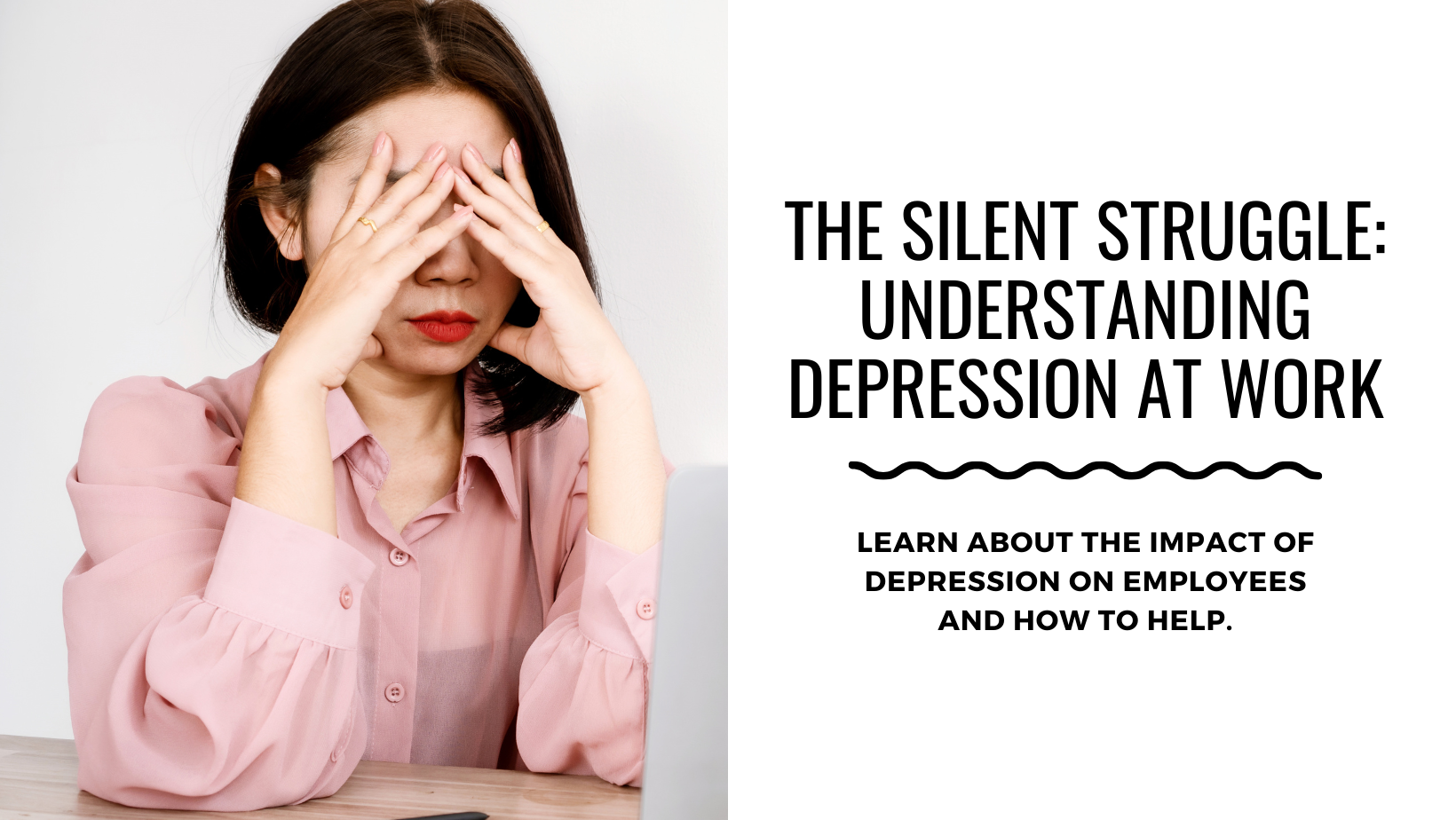
The Silent Struggle: Understanding Depression in the Workplace
Depression is like a shadow that follows you around, not just at home but into your workplace too. It's much more than feeling sad or having a bad day. Depression is a real medical condition that can deeply affect how you think, feel, and handle daily activities such as sleeping, eating, or working. When we talk about "depression symptoms," we're referring to a range of feelings like persistent sadness, a sense of hopelessness, and a lack of interest in things that once brought joy.
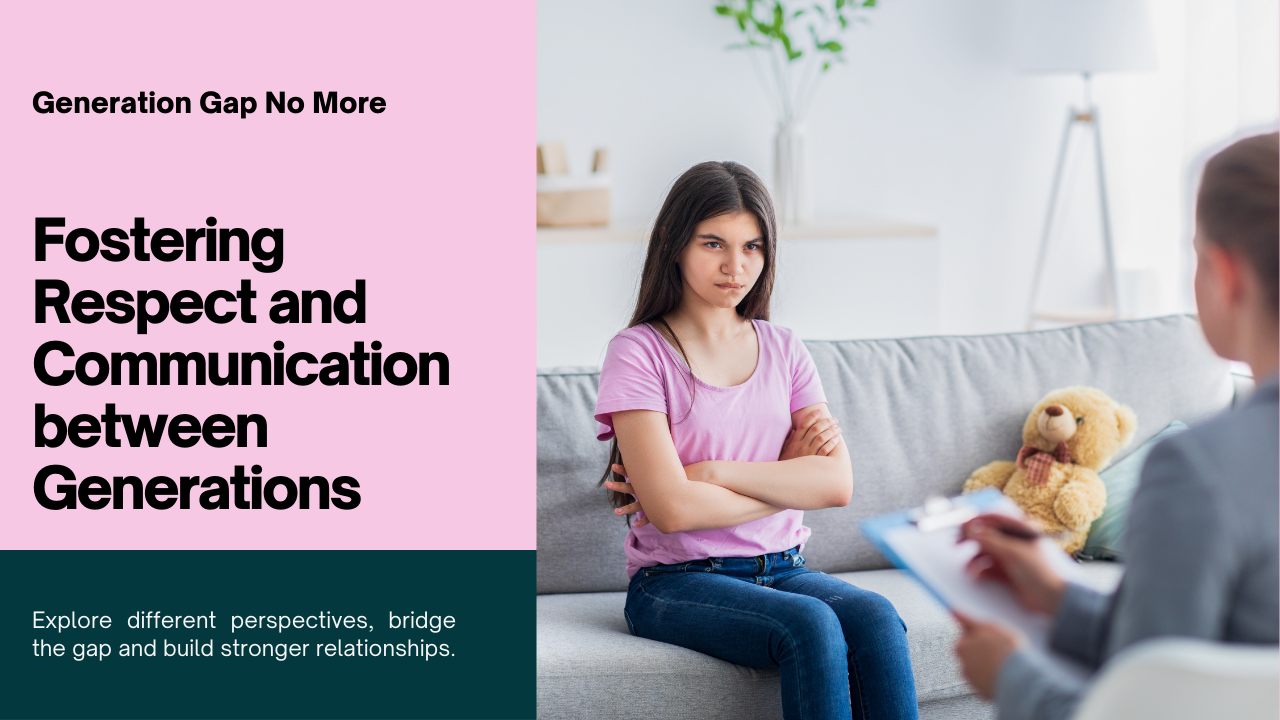
Teen Talk: Fostering Respect and Communication Between Generations
In today's fast-paced digital age, the art of healthy communication between teenagers and adults has never been more critical. The advent of technology and the internet has reshaped the landscape of human interactions, bringing unique challenges to the forefront of familial relationships. Teenagers, who are at a pivotal stage of development, find themselves navigating a world vastly different from that of their parents' youth. This generational divide, amplified by digital communication platforms, can often lead to misunderstandings and a disconnect between family members